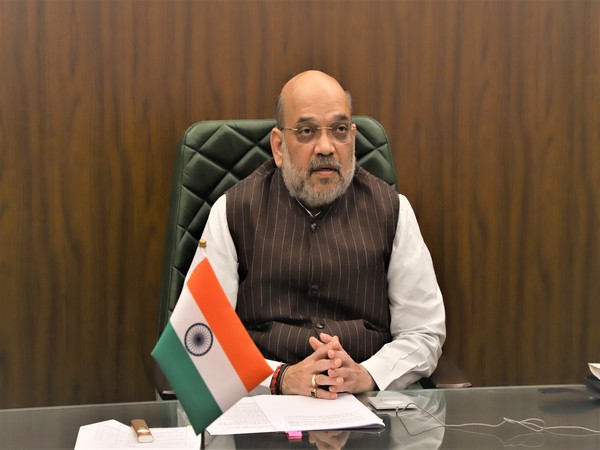Union Home Minister and Minister of Cooperation, Shri Amit Shah, has lauded the Budget 2024-25 as both pro-people and pro-development, commending Prime Minister Narendra Modi and Finance Minister Nirmala Sitharaman for their visionary approach.
In a series of posts on X, Shri Amit Shah described the budget as a reflection of India's renewed sense of purpose and optimism under the Modi-led government. He praised the budget for harnessing the potential of India's youth, women, and farmers, emphasizing its role in creating new employment opportunities and driving the nation towards its goal of becoming a developed country.
Shri Shah highlighted the budget’s focus on bolstering economic growth by enhancing entrepreneurial power and simplifying tax rules. He expressed appreciation for the budget's provisions for the agriculture sector, including a significant allocation of Rs. 1.52 lakh crore aimed at boosting productivity. Key initiatives such as certifying 1 crore farmers for natural farming and establishing 10,000 bio-input centres are expected to accelerate the sector's progress towards self-reliance.
The Home Minister also applauded the expansion of the cooperative sector, noting the introduction of the 'National Cooperative Policy' and its potential to empower cooperative movements across the country. He praised the budget’s support for fisheries cooperatives, with financing through NABARD for shrimp farming, processing, and export.
Shri Shah emphasized the budget’s support for micro, small, and medium enterprises (MSMEs), citing new export hubs, credit guarantees, and additional SIDBI units. He described these measures as transformative for India's manufacturing sector and vital for fostering self-reliance.
The budget’s allocation for flood relief was also highlighted, with significant provisions made for states affected by floods, including Bihar, Assam, Himachal Pradesh, Uttarakhand, and Sikkim. Shri Shah praised these measures for their potential to rejuvenate affected areas and prevent future floods.
In his remarks, Shri Shah welcomed the 'Purvodaya' scheme aimed at enhancing development in Eastern India, including Bihar, Jharkhand, West Bengal, Odisha, and Andhra Pradesh. This scheme is expected to boost infrastructure, employment, and economic development in these regions.
The launch of the 'PM Janjati Unnat Gram Abhiyan' for the all-round development of tribal societies was also noted. Shri Shah anticipated that this initiative would benefit approximately 5 crore tribal individuals across 63,000 villages, enhancing their connectivity and infrastructure.
The budget's allocation of Rs. 11.11 lakh crore for infrastructure development and interest-free loans of Rs. 1.5 lakh crore to states was praised for its potential to advance India's infrastructure and create millions of jobs.
Shri Shah commended the budget's emphasis on women's development, with over Rs. 3 lakh crore allocated for promoting women-led initiatives. Key decisions include setting up hostels and crèches for working women, increasing Mudra loan limits, and encouraging states to reduce stamp duties on properties purchased by women.
The Home Minister concluded by praising the budget’s focus on youth development, including a Rs. 2 lakh crore fund for training 4.10 crore youths and providing internships in Fortune 500 companies. He also noted the budget's provisions for the middle class, such as tax exemptions, expanded housing under the 'Pradhan Mantri Awas Yojana,' and relief for cancer patients.
Shri Amit Shah expressed gratitude for the budget's comprehensive approach to job creation and support for the poor, middle class, and industrial workers, emphasizing its role in enhancing India's economic growth and development.











